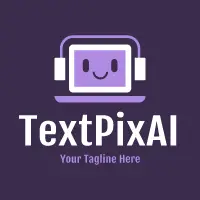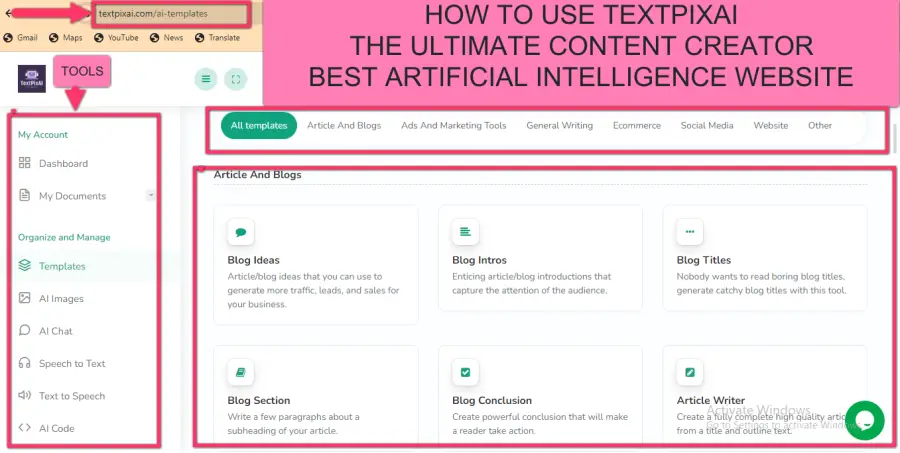Ethical AI Development Frameworks: Foundation for Responsible AI
Introduction
In an era dominated by artificial intelligence (AI), the responsible development and deployment of AI technologies have never been more crucial. This comprehensive article will explore the various ethical AI development frameworks that serve as guiding principles for organizations and developers, ensuring that AI is used to benefit humanity while upholding fundamental ethical values.
You may also like to read:
The Rise of AI in Society
Artificial intelligence is rapidly transforming industries and impacting nearly every aspect of our lives. From healthcare to finance, education to transportation, AI is reshaping the way we work, live, and interact. However, this surge in AI adoption has brought to the forefront a pressing concern: the ethical implications of AI.
The Ethical Imperative
The ethical imperative of AI development cannot be overstated. As AI systems become more integrated into our daily lives, they have the power to influence our decisions, shape our perceptions, and even impact our fundamental rights. Ethical AI development frameworks provide the essential guidelines and principles needed to ensure that AI technologies align with our values and respect our rights.
Understanding Ethical AI Development
Defining Ethical AI
Ethical AI refers to the practice of designing, building, and deploying AI systems that prioritize fairness, transparency, accountability, and human well-being. Ethical AI development aims to mitigate potential harms, such as bias, discrimination, and privacy violations, while maximizing the benefits of AI for individuals and society.
Why Ethical AI Matters
The consequences of unethical AI development can be far-reaching, from reinforcing societal biases to eroding trust in AI applications. Ethical AI development is essential for fostering public confidence, promoting innovation, and safeguarding human rights.
Key Principles of Ethical AI Development
Explore the core principles that underpin ethical AI development frameworks:
1. Fairness and Equity
AI systems should be designed to be fair and equitable, ensuring that they do not discriminate against individuals or groups based on characteristics such as race, gender, or age. Fairness in AI requires careful consideration of bias in both data and algorithms.
2. Transparency and Accountability
Transparency is a fundamental principle in ethical AI development. Developers must strive to make AI systems transparent and understandable, allowing users to comprehend how decisions are made. Accountability mechanisms should also be in place to address the consequences of AI errors or biases.
3. Privacy and Data Protection
Respecting individuals' privacy rights is paramount. Ethical AI development frameworks emphasize the responsible collection, use, and storage of data, as well as the implementation of robust data protection measures.
4. Safety and Security
AI systems should prioritize safety and security to prevent unintended harm. This includes safeguarding AI systems against malicious attacks and ensuring that they operate reliably in various conditions.
5. Human-Centered Design
Ethical AI frameworks advocate for human-centered design, which involves considering the well-being and values of end-users throughout the AI development process. User feedback and inclusivity are essential components of this principle.
6. Accountability and Governance
Organizations must establish clear lines of accountability for AI systems. Ethical AI development frameworks often recommend the creation of governance structures and mechanisms for oversight.
Prominent Ethical AI Development Frameworks
Explore some of the leading ethical AI development frameworks that guide organizations and developers in responsible AI practices:
1. IEEE Global Initiative on Ethics of Autonomous and Intelligent Systems
The IEEE framework emphasizes transparency, accountability, and the prioritization of human values in AI development. It provides a comprehensive set of guidelines for ethical AI design.
2. The European Commission's Ethics Guidelines for Trustworthy AI
The European Commission's guidelines outline seven key principles for trustworthy AI, including human agency and oversight, technical robustness, and non-discrimination. These principles provide a foundation for ethical AI development in the European Union.
3. The Partnership on AI's Tenets
The Partnership on AI, a consortium of leading technology companies and organizations, has established a set of tenets that promote the responsible and ethical development and deployment of AI technologies.
4. The AI Ethics Guidelines by UNESCO
UNESCO's guidelines on AI ethics advocate for transparency, accountability, and inclusivity. They emphasize the importance of ethics education and the protection of human rights in AI development.
Case Studies: Applying Ethical AI Frameworks
Explore real-world examples of organizations implementing ethical AI principles:
1. IBM's AI Fairness 360 Toolkit
IBM's toolkit is designed to help developers detect and mitigate bias in AI models. It provides a practical application of the fairness and equity principles within ethical AI development.
2. Google's Model Cards
Google's Model Cards provide standardized documentation for AI models, offering transparency and accountability by disclosing important information about model performance and potential biases.
3. Microsoft's Responsible AI Principles
Microsoft's principles include fairness, privacy, and accountability, and they are embedded in the company's AI development processes. They showcase how a large organization can apply ethical AI frameworks across its AI offerings.
The Road Ahead: Challenges and Opportunities
While ethical AI development frameworks offer valuable guidance, they also come with challenges and complexities:
1. Ethical Dilemmas in AI
Developers often face complex ethical dilemmas when implementing AI systems. These dilemmas require thoughtful consideration of trade-offs between competing values and principles.
2. Cross-Cultural Considerations
AI developers must navigate cross-cultural differences in ethical values and norms. What may be considered ethical in one culture may not align with the values of another.
3. Ongoing Adaptation
AI is a rapidly evolving field, and ethical AI development frameworks must adapt to keep pace with technological advancements and emerging challenges.
Conclusion
The ethical development of AI is an ongoing journey that demands the commitment of organizations, developers, and policymakers. Ethical AI development frameworks provide a compass to navigate the complexities of AI ethics, ensuring that AI technologies enhance human well-being while upholding our core values.
By adhering to principles of fairness, transparency, accountability, and human-centered design, we can harness the transformative potential of AI to create a more equitable and ethical future.
References
For a deeper understanding of ethical AI development frameworks and their applications, consider these references and external links:







